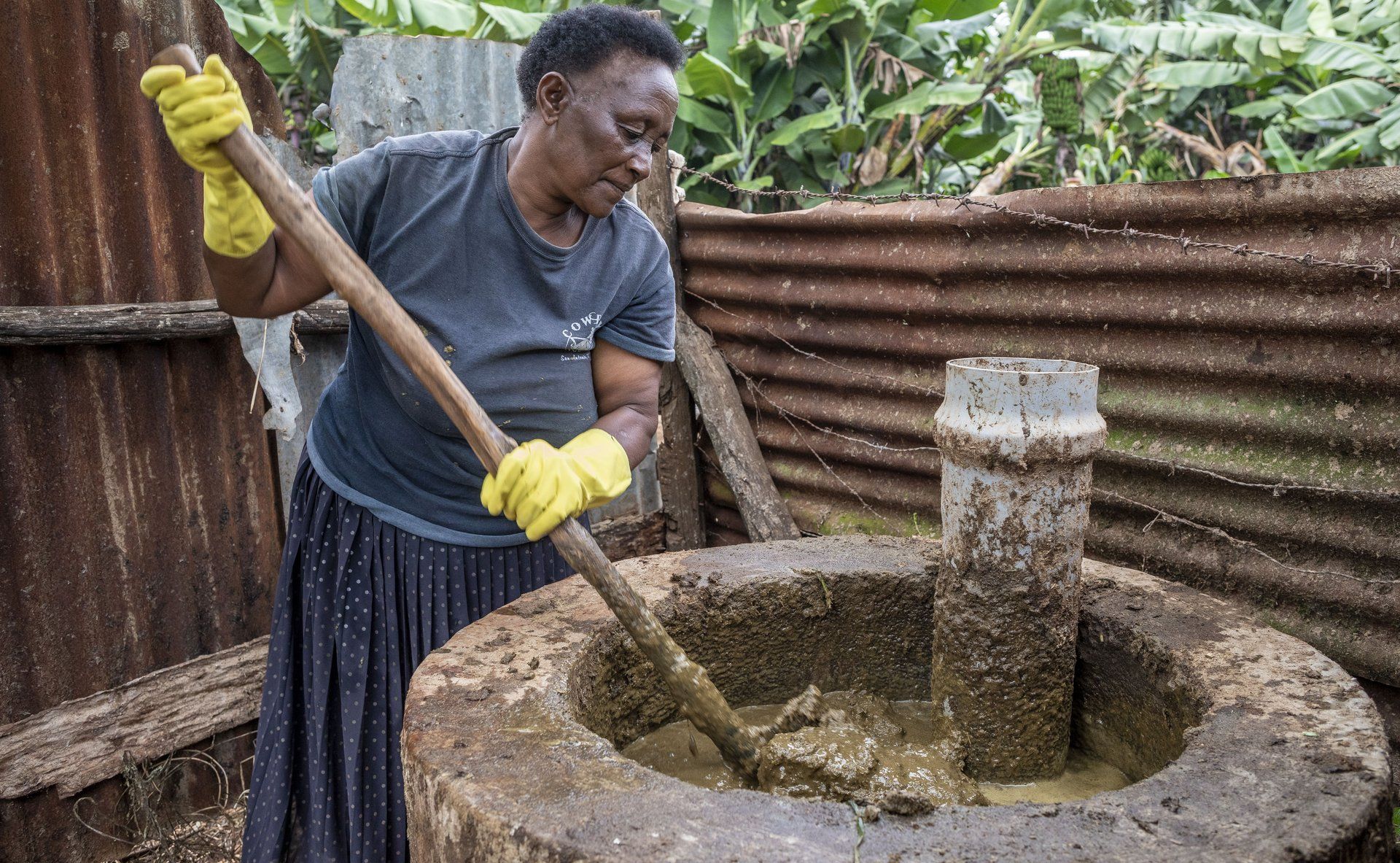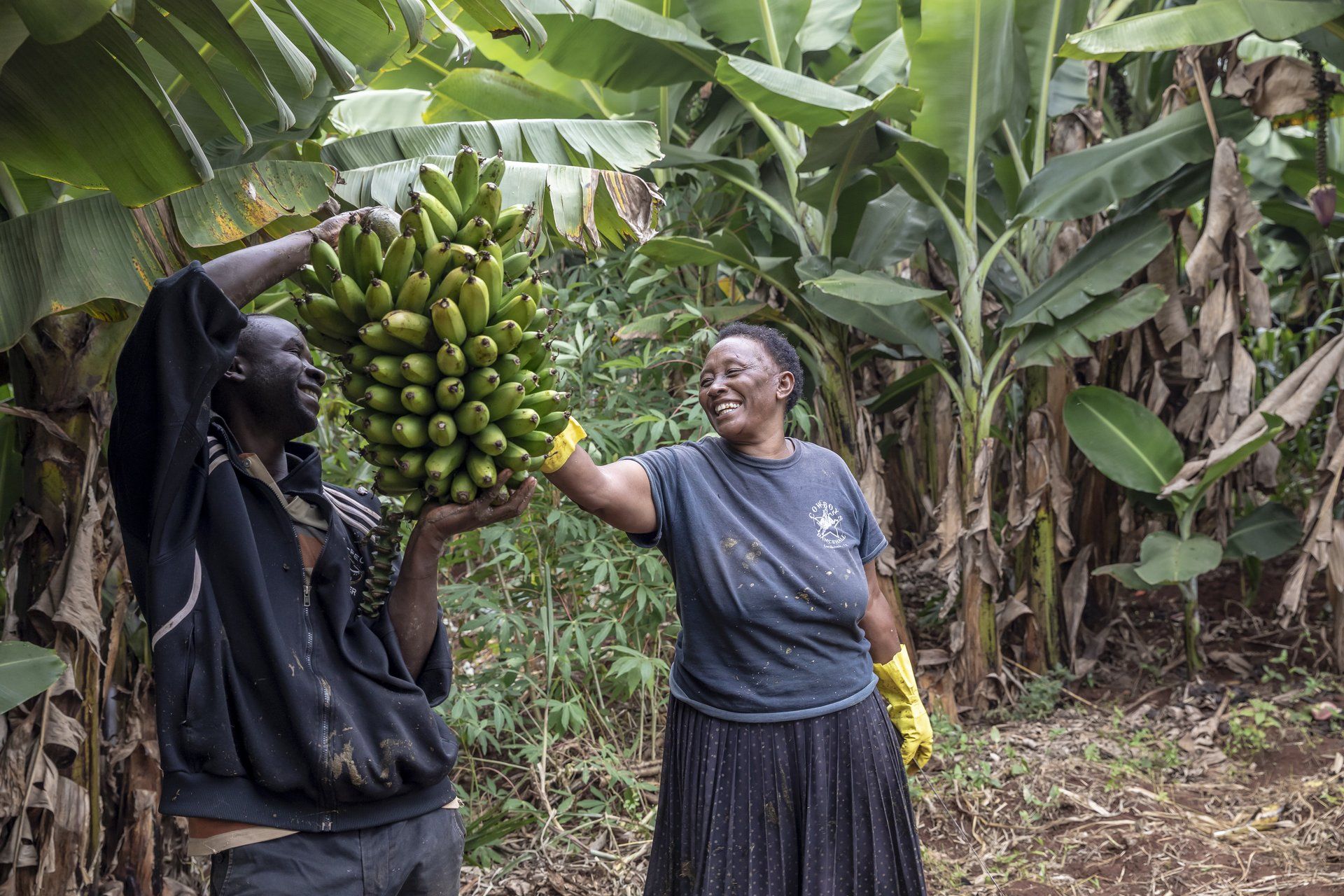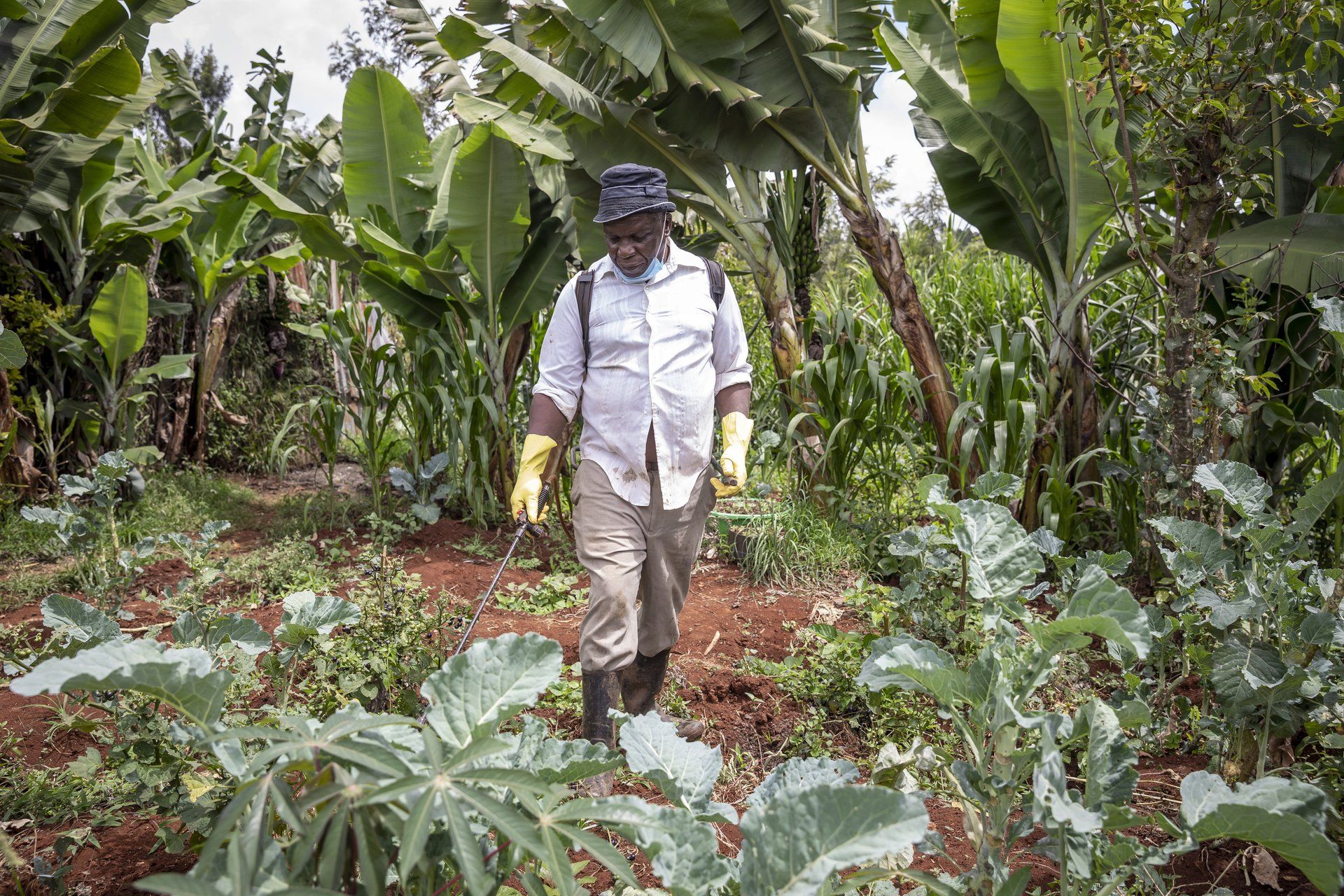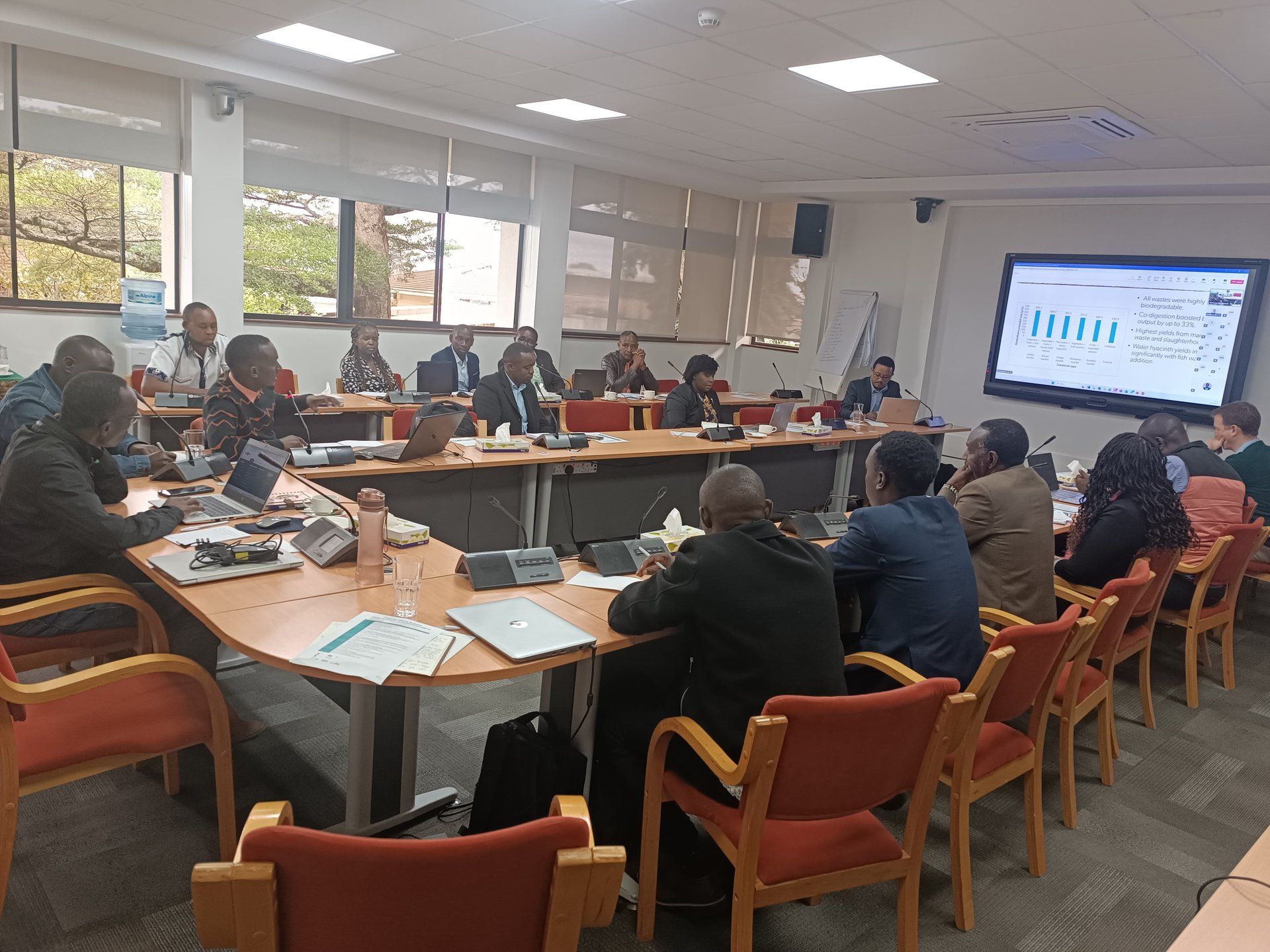
Supply Side Interventions
Ensuring a stable and efficient supply of biogas systems, technology, and related services

Catalyzing Demand
Creating a robust demand for biogas products and services

The EnDev - African Biodigester Component (ABC) aims to support the growth and sustainability of a commercial biodigester sector in Sub-Saharan Africa. The intervention will result in the installation of at least 50,000 small scale biodigesters by 2025 across Burkina Faso, Kenya, Mali, Niger and Uganda providing energy access for at least 250,000 people
► Read More About ABC
The African Biodigester Component project in Kenya (ABC-K), implemented by GIZ and SNV in partnership with Africa Bioenergy Programs Limited (ABPL), has developed a Gender and Social Inclusion (GESI) Strategy and Action Plan to guide its work from 2022 to 2025. The strategy ensures that women, men, youth, and people ...
Read more

The African Biodigester Component – Kenya (ABC-K), in partnership with the International Livestock Research Institute (ILRI), hosted a Knowledge Sharing Workshop on 27th May 2025, at the ILRI campus along Naivasha Road, Nairobi. Bringing together leading scientists, county government representatives from Isiolo, Embu and Kisumu, and clean energy stakeholders, the ...
Read more

Marketing and consumer education

Quality assurance and after sales support

Last mile distribution and installation

Consumer financing
A biodigester is a simple, yet efficient technology that converts organic waste into biogas and an organic fertiliser, making it an integral part of sustainable farming.
Biodigesters are not just good for the environment, they are great for you too! They can save you time and money by providing a source of clean energy for cooking, lighting, and powering small farm equipment.
They also produce bioslurry, an organic fertiliser that can help your crops thrive.
Biodigesters can improve the health of your family by reducing smoke in your kitchen.

This is the gas produced by a biodigester from the breaking down of organic material such as cow dung, kitchen waste etc. Uses of Biogas include cooking, lighting and powering of small farm equipment
Bio slurry is a co-product of the anaerobic digestion process after the biogas has been tapped. Bio slurry has high levels of nitrogen, phosphorous, and potassium with trace elements such as iron, copper, and manganese which makes it a superior organic fertiliser.
